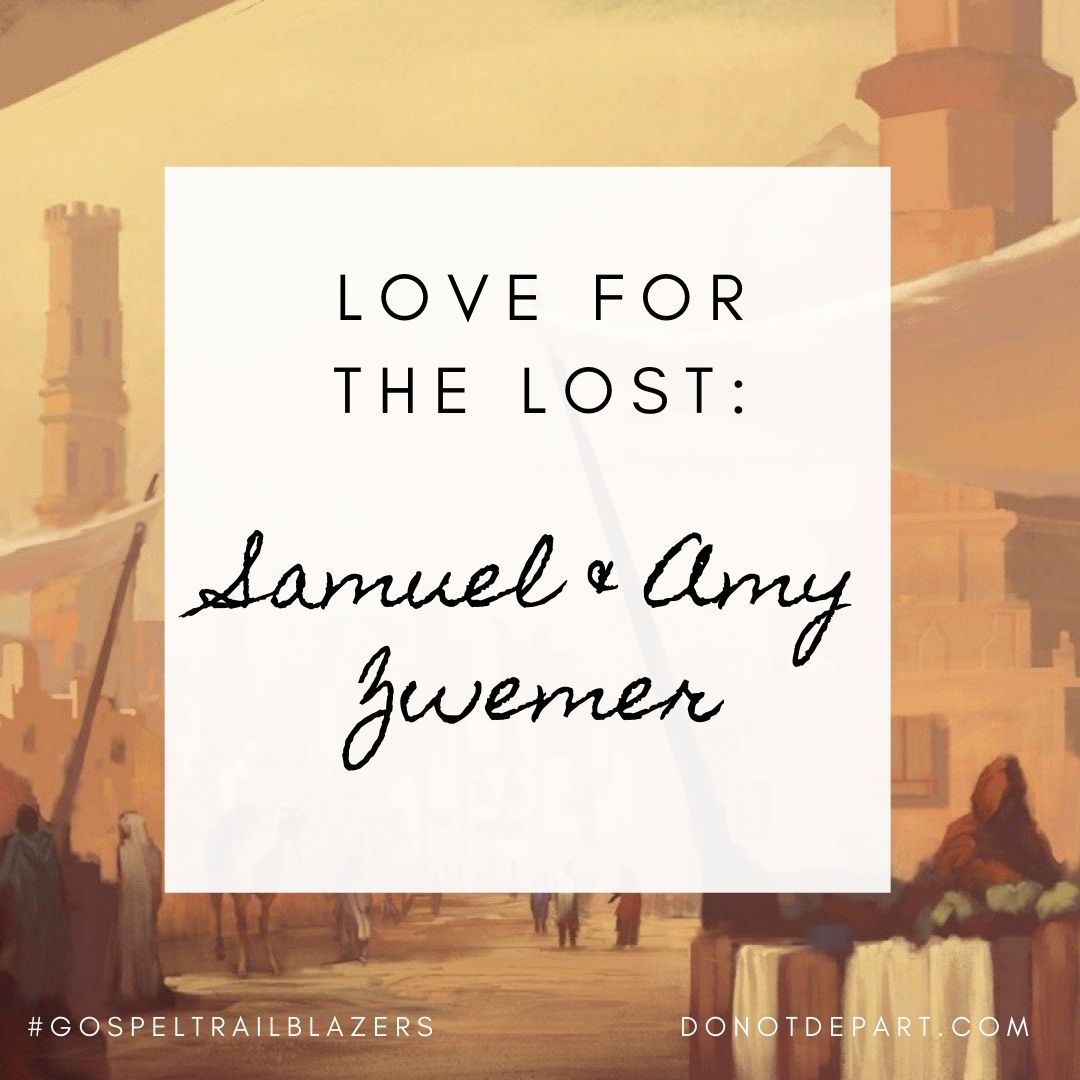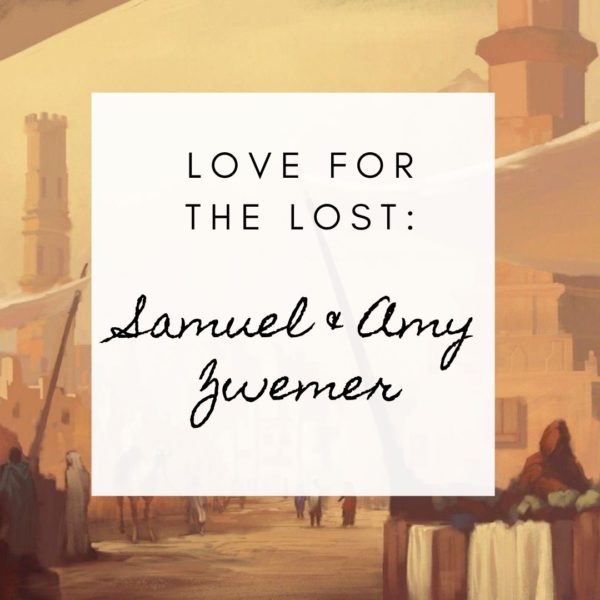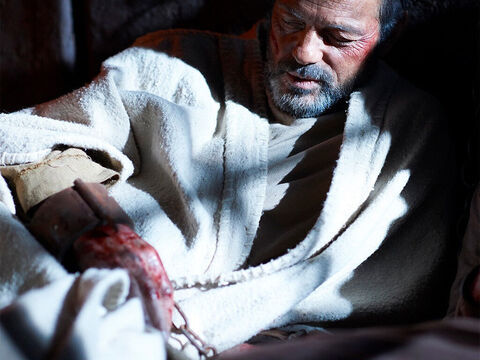“Abide with me: fast falls the eventide;
the darkness deepens; Lord, with me abide.
When other helpers fail and comforts flee,
Help of the helpless, O abide with me.”
—Abide with me: fast falls the eventide, Verse One, Henry Francis Lyte
Just over a year ago, I was in the hospital with my stepmother and sister, waiting for my dad to take his last breaths on earth. A Muslim all his life, he had always shied away from spiritual conversations with me. While he was in a medically-induced coma, hooked up to a ventilator, I cried, shared the gospel, and sang hymns to him, unable to know what he could hear or understand.
When the moment came, after weeks of waiting, I felt numb. But the night before the funeral, as I contemplated where my dad’s spirit might be and having to face the day ahead without a single brother or sister in Christ, separated by a thousand miles from my husband and children, I was broken. Indeed, it felt like the darkest moment of my life, devoid of hope. I remember lying flat on the floor in the guest room at my parents’ house, pouring out my grief to the Lord, feeling like I was drowning in the overwhelming hopelessness and aloneness of it all.
“Where shall I go from your Spirit? Or where shall I flee from your presence? If I ascend to heaven, you are there! If I make my bed in Sheol, you are there! If I take the wings of the morning and dwell in the uttermost parts of the sea, even there your hand shall lead me, and your right hand shall hold me.” (Psalm 139:7-10)
His Spirit’s Presence
In that moment, when I felt more isolated and lost than I ever had, I pleaded with the Lord to grant me the peace that only comes with recognizing His Spirit within me (John 14:27, Philippians 4:7). While Dad was in the hospital, I had been reading a book about anxiety and been really impacted by a chapter on the Holy Spirit. In it, the author talked about how easily we envision God as our Father, encircling us with His loving arms, or Jesus as our Savior-Shepherd, gently leading us. But because we cannot easily personify the Spirit, we don’t often focus on the truth that, if we are in Christ, we are never separated from this third Person of the Trinity.
In truth, we can grieve or quench the Holy Spirit (Ephesians 4:30, 1 Thessalonians 5:19). We can grow hearts that are calloused by sin and distracted by the world. We can focus on self to the extent that exalting God first is the last thing on our minds. But if we have accepted Christ’s work on the cross for us, we are His forevermore, and He has sealed us with His Holy Spirit. As we strive to be like Christ, we can continually open up our hearts and minds to the Spirit’s work in us.
And when we feel like we have nothing left—our strength, our hope, our ability to even take the next step forward has failed—we can cry out to His Spirit to carry us. We can ask the Lord the same thing that Paul asked on behalf of the Ephesian church:
“That the God of our Lord Jesus Christ, the Father of glory, may give you the Spirit of wisdom and of revelation in the knowledge of him, having the eyes of your hearts enlightened, that you may know what is the hope to which he has called you, what are the riches of his glorious inheritance in the saints, and what is the immeasurable greatness of his power toward us who believe, according to the working of his great might.” (Ephesians 1:17-19, emphasis added)
Like the Psalmist, only with greater assurity because of Christ, we can rest in God’s presence always. Not only are we never alone, but like only God can, our Heavenly Father can increase our awareness of His presence. And when we are unable to focus on the hope we have, “the Helper, the Holy Spirit … will teach you all things and bring to your remembrance” Jesus’ words (John 14:26), the truths that will uphold us and sustain us when everything is falling apart.
His Light Shines
“If I say, “Surely the darkness shall cover me, and the light about me be night,” even the darkness is not dark to you; the night is bright as the day, for darkness is as light with you.” (Psalm 139:11-12)
This we can depend upon: even in our darkest night, Jehovah Shammah, “The Lord is There,” is with us. He sees us. He sees the darkness, and He has overcome it (John 16:33). Jesus is, in fact, the Light of the World and shines His light into all our darkness—our sin, our pain, our unbelief—and it is not dark to Him, but bright as day. Even in our Sheol-like moments, He is there holding onto us and waiting to lead us on. Though we may forget to abide with Him, always, ever He abides with us.
“Hold thou thy cross before my closing eyes.
Shine through the gloom and point me to the skies.
Heaven’s morning breaks and earth’s vain shadows flee;
In life, in death, O Lord, abide with me.”
—Abide with me: fast falls the eventide, Verse Five, Henry Francis Lyte
Into what darkness in your life will you allow the Lord to shine His light?


















